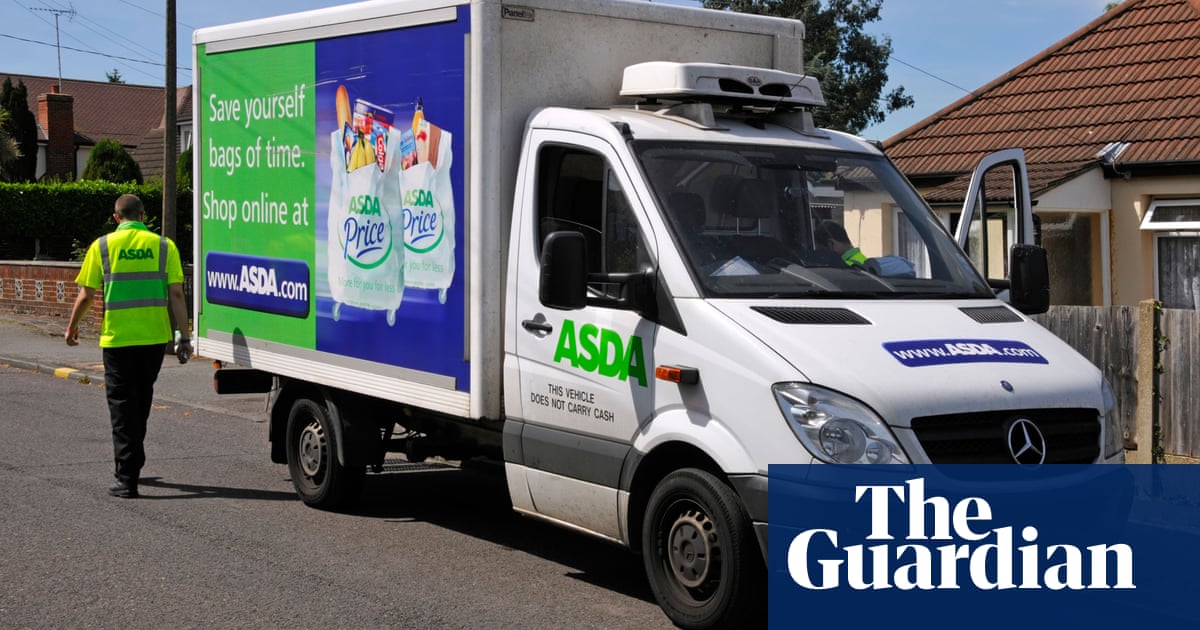- cross-posted to:
- nottheonion@lemmy.world
- cross-posted to:
- nottheonion@lemmy.world
Mushrooms in place of tampons, a frozen pizza substituted for tinned peaches, and cream crackers instead of Christmas crackers. These are among the “bizarre” supermarket substitutions reported by online shoppers in a new poll.
Just over a third of online grocery shoppers (34%) reported having received a substitution in their most recent grocery delivery, the survey for consumer group Which? found.
Asda was the worst offender with more than half (56%) of customers receiving a replacement product in their last order. When asked about the strangest substitution of the past year, one of its shoppers recounted their bemusement at having ordered washing powder only to unpack 10 cans of beer.
So throwing this open to the floor: have you had an silly substitutions?



I’ve worked with these people for fifteen years.
The reasoning is that they’re expected to pick at an absurd rate that no normal person doing their shopping would be able to get close to, with little to no training and a system that not only discourages making decent substitutions but actively encourages it because ultimately sending a bad sub is still preferable to not getting the vans out on time.
No one would swap Mushrooms for Tampons unless there was a reason for doing so. The customer doesn’t get it obviously, but if it’s to make a silly choice or get hauled in for a poor pick rate, I know which one most would make.
That makes perfect sense actually.
Probably something like “£5 loss on item isnt worth an extra 5 minutes traversing the shop and a van potentially being 5 minutes behind scheduled departure (thus the whole schedule being 5 minutes behind)”.
I guess its freakanomics. Cheaper to take a few potential losses if the customer actually rejects a poor substitution than definately miss schedules (and metrics).
Infact, i bet scheduling metrics (easily and automatically measured) are KPIs (thus bonuses) as opposed to customer satisfaction (much harder to measure).
When metrics become targets, they fail as metrics